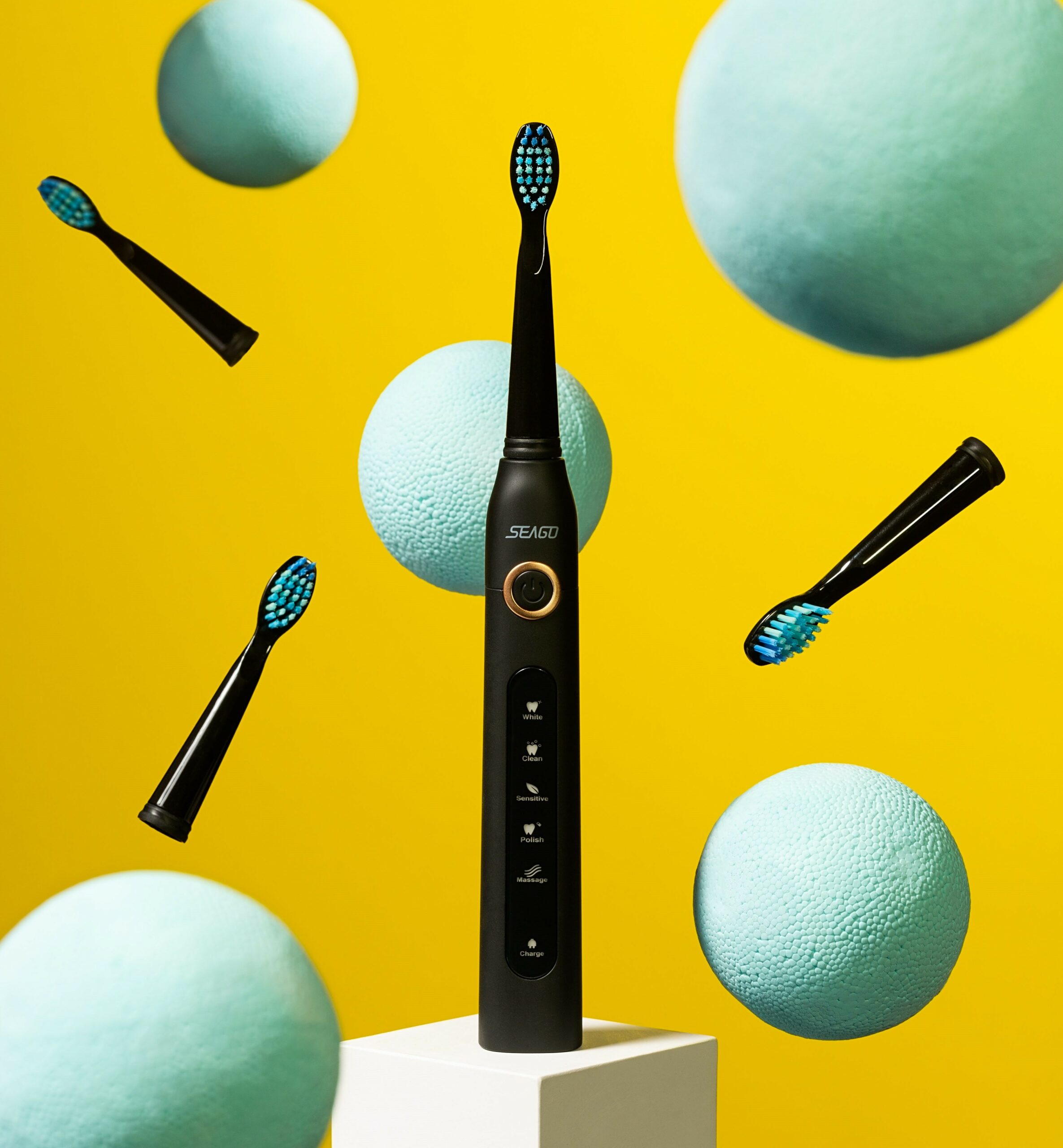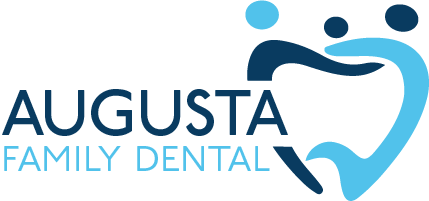
10 Jan New Year, New Techniques
Why It Might Be Time to Consider an Electric Toothbrush
Is it time to consider a change of routine for the new year when it comes to your oral health? You may be used to buying tossing the same old manual toothbrush in the cart every three months when the last one wears out. But what if there was something better on the market for you?
Electric toothbrushes have grown in popularity in recent decades. They boast a greater effectiveness than manual toothbrushes, not to mention special features like two-minute timers or pressure sensors that can help users follow brushing guidelines. However, this doesn’t mean that there’s no room for manual anymore. Both options are approved by the American Dental Association. As Healthline reports, “According to the American Dental Association (ADA), both electric and manual toothbrushes are effective at removing oral plaque that causes decay and disease.” Today, we’ll simply take the time to consider why electric toothbrushes might be a good fit for you.
How Do Electric Toothbrushes Work?
Normally, when you brush your teeth, it’s up to you to scrub every surface and get them clean. The difference with electric toothbrushes is that the brush vibrates or rotates as you move it around your mouth. This increases the micro-movements, so that your mouth ends up more “scrubbed” than it otherwise would have.
Effectiveness
As you might expect, this increased intensity of scrubbing better kills of plaque and bacteria that dwells in the mouth. But don’t just take our word for it—let’s look at the data. According to Consumer Reports: One of the more comprehensive analyses of the topic—a 2014 review of studies by the independent Cochrane Collaboration—gave powered toothbrushes a slight edge at cleaning away plaque.
The researchers looked at 56 clinical trials of unsupervised toothbrushing by more than 5,000 adults and children and found that study subjects who used a powered toothbrush showed an 11 percent reduction in plaque at one to three months, and a 21 percent reduction after three months or more, compared with those who used a manual toothbrush. A 2021 meta-analysis of 28 studies provided further evidence that powered toothbrushes seem to have a slight edge over manual ones when it comes to plaque removal.
This is a noteworthy drop. While both manual and powered are legitimate options for clean teeth, research demonstrates electric toothbrushes to have the edge. Research shows electric options to be better for gum health, as well. Among powered toothbrushes, evidence suggests that those that rotate instead of just vibrating are the more effective option.
Either way, electric toothbrushes hold the lead against manual when it comes to efficiency.
Ease of Use
Some might find electric toothbrushes particularly helpful. If you have braces, or orthodontic appliances, brushing with an electric toothbrush might help you do a more thorough job. If you have arthritis, carpal tunnel syndrome, or another similar disease, you may find brushing with an electric toothbrush an easier, more comfortable experience. Because you simply have to hold the brush to the tooth’s surface and let it do the work for you, those with developmental disabilities or other special needs inhibiting their fine motor skills may appreciate an electric option. Children also benefit from electric toothbrushes, which can do a more thorough job than they might themselves.
Special Features
Do you have sensitive teeth or gums? Are you looking to whiten a dull smile? Do you want to brush for a little longer than the ADA-recommended 2 minutes? Turns out, all of those might be reasons that an electric toothbrush could be a good fit for you. Electric toothbrushes come equipped with any number of special features, and their price often depends on just how complex the functionality is.
Your new electric toothbrush might come with its own two-minute timer. This helps you know that you’re brushing your teeth for the recommended amount of time. This is especially useful for kids, whose electric toothbrushes may buzz, blink, or light up to tell them that it’s okay to stop brushing. You can also get toothbrushes with extended timers.
Your toothbrush may have multiple brushing modes, like one for sensitive teeth or even one for whitening!
If you brush your teeth too hard, you might damage your own gums or enamel. Some electric toothbrushes come equipped with pressure sensors to stop you from doing that.
Recommendations
So, you want an electric toothbrush, but you don’t know where to start? Ask our team which brush might be a good fit for you. We also have our favorites to choose from in-office.
Final Thoughts
Electric toothbrushes do come with their downsides. The most obvious is the increased cost. You can get a disposable battery-operated toothbrush for $6 to $15; a rechargeable electric toothbrush will cost in the realm of $40 to $150, depending on the functionality of the toothbrush. Keep in mind, however, that you get what you pay for. In paying for a more expensive brush, you’re paying for the higher quality of clean that comes with it.
The other downside of electric brushes is, as the name implies, the electricity. You have to keep the brush charged, which may be a difficulty during travel.
Electric toothbrushes are proven to have an edge in effectiveness over manual toothbrushes. But as long as your toothbrush is ADA-approved, you’re good to go.
We want a happy, healthy smile for you in 2024—no matter which type of toothbrush you use to get it. If you have questions about which type of brush would be best for you or how to brush your teeth correctly, contact our office today.

About Our Team
Our team of dental experts has well over 30 years of combined experience in the field of dentistry. To learn more about them, please visit the team pages for Hephzibah, Washington Road, Summerville, and Medical District locations.

Sorry, the comment form is closed at this time.